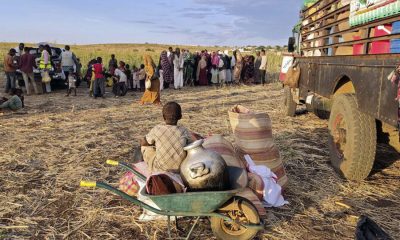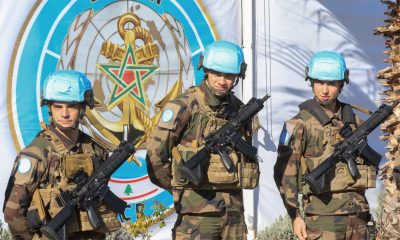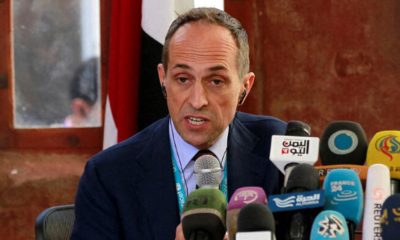Africa
Dozens killed near Sudan’s capital as UN warns of soaring displacement
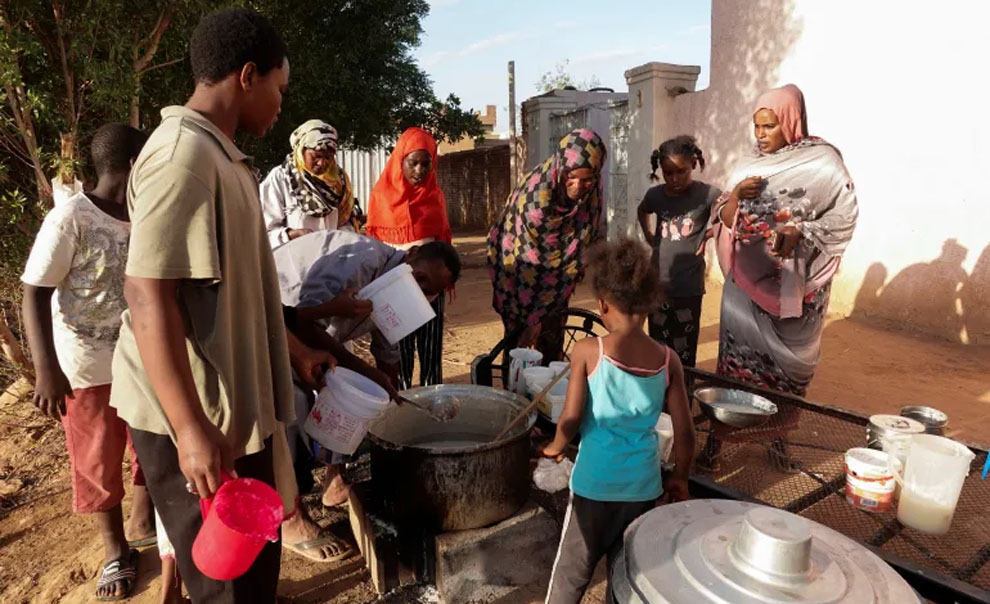
Dozens killed near Sudan’s capital as UN warns of soaring displacement
Pro-democracy activists in Sudan say about 40 people have been killed in “violent artillery fire” by paramilitary forces in the twin city of the Sudanese capital Khartoum, as fighting and displacement intensify across the war-ravaged country.
The Karari Resistance Committee, one of hundreds of grassroots organisations that coordinate aid across Sudan, said on Friday that the Rapid Support Forces (RSF) group was behind the deadly attack on Omdurman a day earlier.
“So far, the death toll is estimated at 40 civilians and there are more than 50 injured, some seriously,” the Karari Resistance Committee said in a statement posted on social media.
“There is still no precise count of the number of victims,” it said, adding that bodies were received by Al Nao university hospital and other private health facilities or were buried by relatives.
The report has come just days after an RSF attack on a village in Sudan’s central Gezira state killed at least 100 people, according to local activists.
War erupted in Sudan in mid-April 2023 between the Sudanese Armed Forces (SAF) and the paramilitary RSF, creating the world’s largest displacement crisis and leaving at least 15,500 people dead, according to United Nations estimates.
The deadly assault on the village of Wad al-Noura on Wednesday drew widespread condemnation this week, including from UNICEF’s Executive Director Catherine Russell, who said at least 35 children were reported killed and more than 20 others injured.
READ ALSO:
- Police arrest adulterated drink importer in Lagos
- Danish PM attacked in Copenhagen, man arrested
- UN adds Israel to list of militaries committing violations against children
“This is yet another grim reminder of how the children of Sudan are paying the price for the brutal violence,” Russell said in a statement on Thursday.
“Over the past year, thousands of children have been killed and injured. Children have been recruited, abducted and subjected to rape and other forms of sexual violence. Over five million children have been forced from their homes.”
Fighting continues daily, including in the capital of Khartoum, with both sides accused of war crimes including the deliberate targeting of civilians, indiscriminate shelling of residential areas and blocking humanitarian aid.
Another flashpoint is the city of el-Fasher in Sudan’s North Darfur region, where RSF paramilitary forces recently launched a deadly assault.
More than 800,000 civilians are trapped in el-Fasher as violence rages, according to the UN’s International Organization for Migration (IOM), and healthcare and other services have collapsed.
“Crucial roads out of el-Fasher are blocked, preventing civilians from reaching safer areas, while at the same time limiting the amount of food and other humanitarian aid coming into the city,” Othman Belbeisi, IOM’s regional director for the Middle East and North Africa, said on Thursday.
The IOM also warned that internal displacement across Sudan could soon top 10 million.
The agency said 9.9 million people were internally displaced across the country’s 18 states; more than half of those displaced are women and more than a quarter are children under age five.
“Imagine a city the size of London being displaced. That’s what it’s like, but it’s happening with the constant threat of crossfire, with famine, disease and brutal ethnic and gender-based violence,” said IOM Director General Amy Pope.
Dozens killed near Sudan’s capital as UN warns of soaring displacement
Africa
Fuel hits N8,000/litre in Niger, country seeks help from Nigeria

Fuel hits N8,000/litre in Niger, country seeks help from Nigeria
With the fuel crisis bedevilling the Republic of Niger, some of its military officials have visited Abuja to seek support from Nigeria to tackle the shortage of Premium Motor Spirit in the country.
It was gathered that the delegation successfully got the approval for 300 trucks of fuel from the Nigerian government.
Trouble started for Niger -which has been reliant on a Chinese refinery – after the refinery was shut down due to some misunderstanding with the supplier.
This led to Niger turning to Nigeria for help to ameliorate the fuel shortage experienced by the country.
READ ALSO:
- Kano govt clarifies appeal court ruling on Sanusi’s reinstatement as emir
- NAF strikes kill notorious bandit kingpins, 20 others in Zamfara
- Chelsea beat Man City to win Women’s League Cup
Officials from the Nigerian government noted that the deal was approved with the hope of using it as a bargaining tool with Niger.
“We do not want to blow our trumpet. Rather, we want to use it as a bargaining chip for negotiation, as we continue to engage with them to bring them back to ECOWAS.
“Let them get more from us. I am confident that gradually they will come back to ECOWAS because they do not have enough resources to import food to sustain their citizens,” the official said while pleading anonymity.
Sources stated that fuel prices in Niger were hitting N8,000 per litre
However, some transborder businessmen have attributed the fuel scarcity in Niger to the lingering relationship between the country and Nigeria.
They noted that in some cross-border towns to Niger, fuel is being sold for between 1,200 CFA and N3,500 (N2,500 and N8,500).
Fuel hits N8,000/litre in Niger, country seeks help from Nigeria
Africa
ECOWAS activates standby force against insurgency
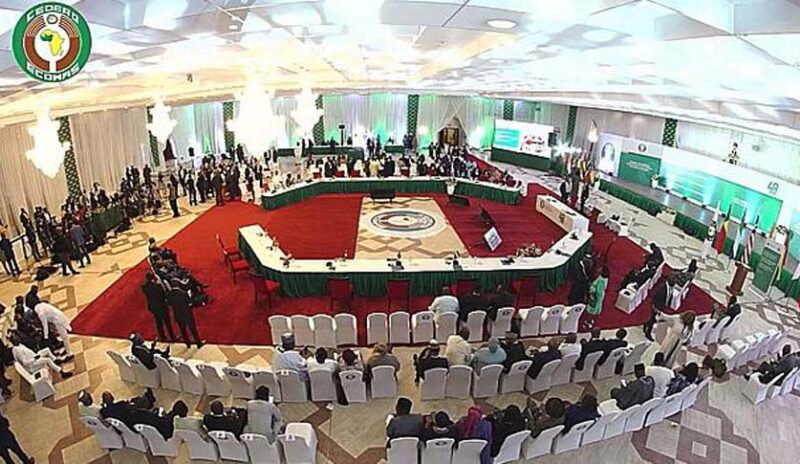
ECOWAS activates standby force against insurgency
The Economic Community of West African States (ECOWAS) has activated its Standby Force to curb terrorism and other transborder crimes in the subregion.
The Minister of Defence, Mohammed Badaru, who disclosed this in Abuja on Tuesday at the Forty-third ordinary meeting of ECOWAS Committee Chiefs of Defence Staff said the economic growth of the region is dependent on stable peace.
The minister added that there is a need for members of ECOWAS to close ranks against all forms of threats against the region.
On January 29, 2025, ECOWAS recognised the exit of three of its former members Burkina Faso, Mali, and Niger Republic upon the expiration of a one-year notice period.
READ ALSO:
- Supreme court dismisses appeal against Aiyedatiwa’s candidacy
- US set to present 30-day ceasefire offer to Russia
- BREAKING: House of Reps orders shutdown of porn websites nationwide
However, in “the spirit of regional solidarity”, ECOWAS asked its member countries to still recognise the national passports of the three exiting countries bearing the ECOWAS logo until further notice.
Their departure from the bloc has fractured the region and is leaving the ECOWAS grouping with an uncertain future.
The three junta-led countries formally notified ECOWAS of their plan for an “immediate” withdrawal in January 2024, citing the organisation’s excessive dependence on France in particular.
Paris has become the common enemy of the three juntas, which now favour partnerships with countries such as Russia, Turkey and Iran.
However, ECOWAS required one year’s notice for the departure to be effective — that deadline falls on January 29, 2025.
The three Sahelian countries have teamed up to form a separate confederation called the Alliance of Sahel States (AES).
ECOWAS activates standby force against insurgency
Africa
Policewoman arrested for murder of husband, female friend
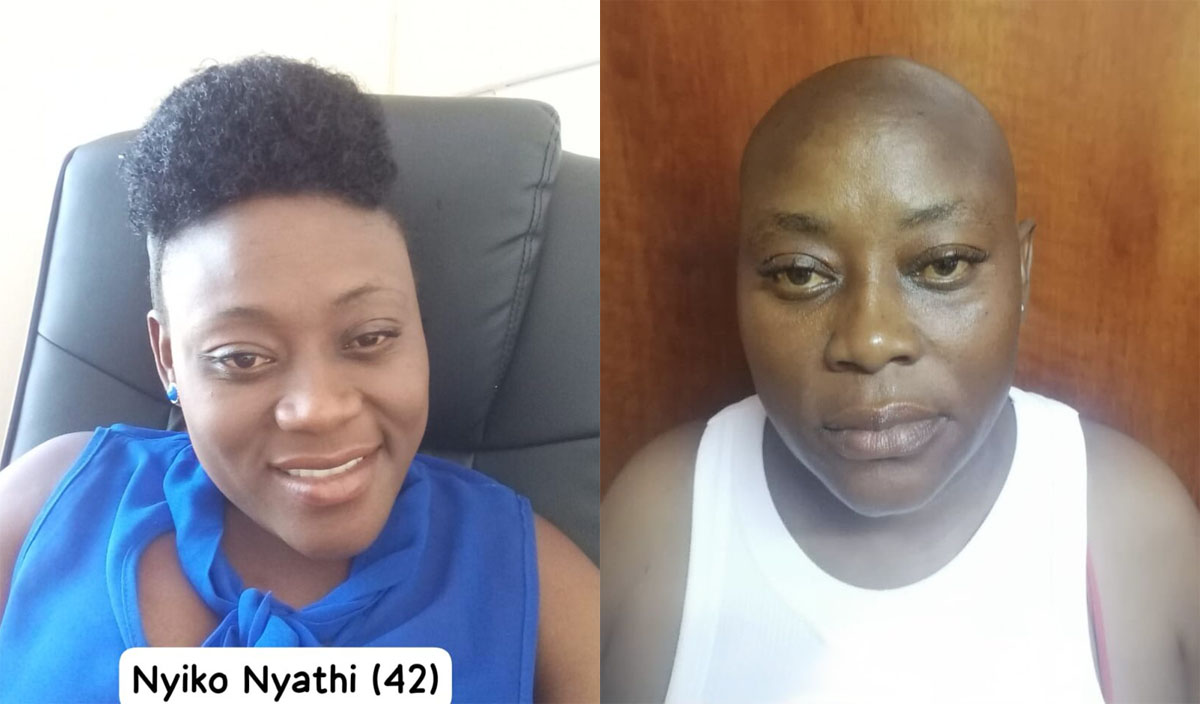
Policewoman arrested for murder of husband, female friend
A 42-year-old police sergeant, Nyiko Nyathi was arrested in connection with the kidnapping and brutal murder of her husband and his ‘female friend’ in Mpumalanga, South Africa.
The officer handed herself over to authorities at Bushbuckridge police station, according to Mpumalanga provincial police spokesperson, Brigadier Donald Mdhluli.
She appeared before the Bushbuckridge Magistrate’s Court on Monday, March 10, 2025, facing charges for the m8rder of her husband and another woman.
“According to information, in February 2024, Lawrence Alba Mashego, 44, was reportedly attacked by a group of armed men at his house in Boikhutsong Trust in Bushbuckridge. The armed men robbed him of his Toyota Quantum and Ford Escort, then he got kidnapped,” said Mdhluli.
READ ALSO:
- One of 5 applying for students loan is female – NELFUND
- APC council chairmanship aspirant hacked to death in Lagos
- Tinubu: Fuel subsidy removal aimed at securing future for unborn generations
“The two vehicles were reportedly used by the armed suspects as a mode of transport to reach a certain house in Zoeknog. At the house, they found Victoria Lebyane, 44, Mashego’s female friend, in possession of Mashego’s bank cards.”
Lebyane was then robbed of about R4,000 cash as well as some bank cards belonging to Mashego. After that, Mashego and Lebyane were m8rdered by the assailants.
“The matter was probed by the men and women in blue, where a thorough investigation was carried out, leading to the arrest of four suspects in connection with the incident. One of the suspects then pleaded guilty and was sentenced to 77 years imprisonment,” said Mdhluli.
As the police intensified their investigations, the police sergeant was implicated in the m8rder of her husband Mashego, and Lebyane.
Following the court appearance on Monday, the case was postponed to Wednesday, for a formal bail application.
Meanwhile, acting provincial commissioner of police in Mpumalanga, Major General Zeph Mkhwanazi, has welcomed Nyathi’s arrest.
He emphasised that the law will take its course on anyone suspected to have committed crime, regardless of their social status or position.
“The SAPS remains resolute to be intolerant to any criminality within our ranks,” said Mkhwanazi.
Policewoman arrested for murder of husband, female friend
-
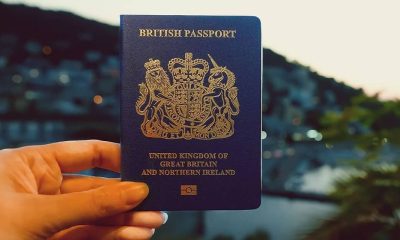
 International2 days ago
International2 days agoUK announces new passport application fees starting April 2025
-
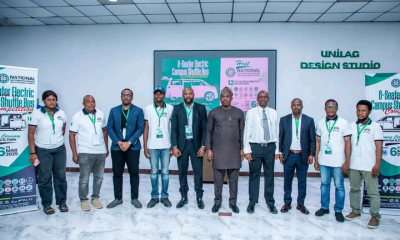
 Auto2 days ago
Auto2 days agoLanre Shittu Motors offers support for EV bus design competition in universities
-
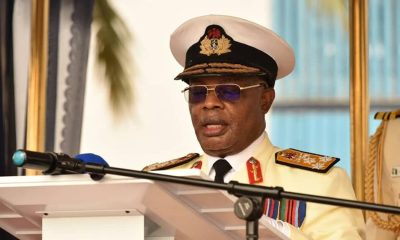
 metro3 days ago
metro3 days agoIbas: 18 things to know about Rivers administrator
-

 metro3 days ago
metro3 days agoSoldiers take over Rivers Government House after state of emergency declaration
-

 metro3 days ago
metro3 days agoPipeline explosion hits Bayelsa amid Rivers state emergency declaration
-

 metro2 days ago
metro2 days agoCourt lifts order stopping Senate probe on Natasha Akpoti
-
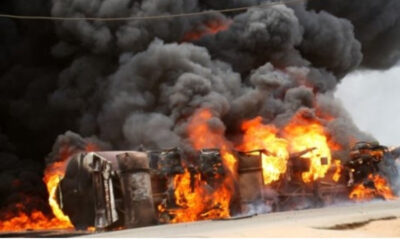
 metro2 days ago
metro2 days agoTanker explodes on Abuja bridge, many feared dead, 30 vehicles burnt
-

 metro2 days ago
metro2 days agoMohbad’s brother, Adura, arrested by police in Lagos







